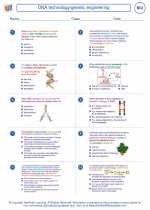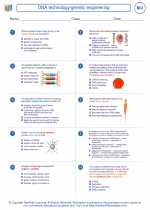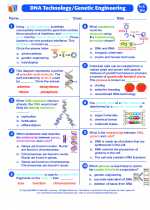Properties of Tin
- Atomic number: 50
- Symbol: Sn
- Atomic mass: 118.71
- Physical state at room temperature: Solid
- Color: Silvery-white
- Uses: Tin is commonly used in the production of alloys, such as bronze and solder. It also has applications in the manufacturing of tin cans, as well as in electronics and coatings.
Chemical Properties
Tin is a relatively non-reactive metal. It does not react with water at room temperature and is resistant to corrosion. However, it can react with strong acids and bases.
Biological Significance
Tin is not known to have a biological role in humans. In fact, tin and its compounds are generally considered to be toxic to living organisms, and exposure to high levels of tin can lead to health issues.
Environmental Impact
Excessive tin exposure can have detrimental effects on the environment, particularly in aquatic ecosystems where tin contamination can negatively impact aquatic life.
Study Tips
When studying tin, it's important to understand its chemical properties, uses, and potential environmental impacts. Be sure to review the different applications of tin in various industries, as well as its role in the formation of alloys. Additionally, familiarize yourself with the potential health hazards associated with tin exposure.
[Tin] Related Worksheets and Study Guides:
.◂Biology Worksheets and Study Guides High School. DNA technology/genetic engineering

 Worksheet/Answer key
Worksheet/Answer key
 Worksheet/Answer key
Worksheet/Answer key
 Worksheet/Answer key
Worksheet/Answer key
 Vocabulary/Answer key
Vocabulary/Answer key
 Vocabulary/Answer key
Vocabulary/Answer key
 Vocabulary/Answer key
Vocabulary/Answer key
